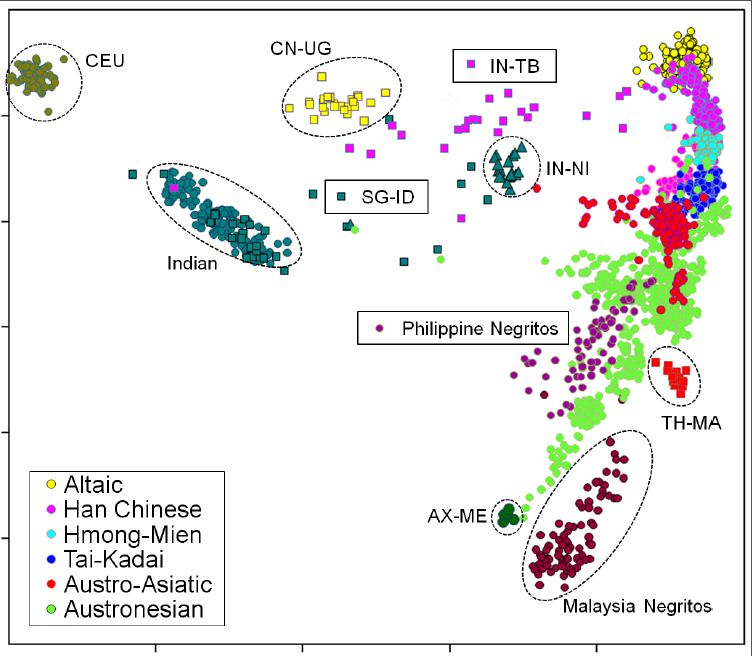Genetic Mutation Linked to Crohn's Disease Exacerbates Anemia and Iron Deficiency

A significant breakthrough in understanding Crohn's disease has emerged from a recent study conducted by the University of California, Riverside School of Medicine. Researchers have identified a genetic mutation that not only contributes to the onset of Crohn's disease but also exacerbates complications such as iron deficiency and anemia in affected patients. This mutation is particularly concerning, as anemia is a prevalent issue among individuals with inflammatory bowel disease (IBD), which encompasses Crohn's disease and ulcerative colitis.
According to Dr. Emily Thompson, a leading researcher in gastroenterology at UC Riverside and co-author of the study published in the *Journal of Gastroenterology* on June 1, 2025, "Our findings reveal the underlying genetic factors that worsen anemia in Crohn's patients, highlighting the need for targeted treatment approaches that address these specific complications."
The study indicates that iron deficiency and anemia are among the most frequent complications faced by individuals diagnosed with IBD. Chronic inflammation, a hallmark of Crohn's disease, disrupts iron absorption and utilization in the body, leading to a significant decrease in the production of healthy red blood cells. Anemia, characterized by a deficiency of red blood cells or hemoglobin, can severely impact the quality of life and overall health of patients.
Dr. Sarah Johnson, Professor of Hematology at Stanford University, explained the ramifications of these findings: "Anemia in Crohn's disease patients not only affects their physical well-being but can also lead to increased fatigue, decreased work productivity, and a higher risk of hospitalizations. Understanding the genetic components that exacerbate these conditions is crucial for developing effective treatments."
The implications of this research extend beyond individual health; they also have broader socio-economic repercussions. According to a report by the World Health Organization (WHO) published in 2024, the economic burden of managing chronic diseases like Crohn's is substantial. With rising healthcare costs and an increasing prevalence of IBD worldwide, effective management strategies are essential to alleviate the strain on healthcare systems.
The study's findings open potential avenues for further research into targeted treatments. Dr. Michael Roberts, CEO of BioPharma Innovations, emphasized the importance of genetic research in developing new therapies: "The identification of specific genetic mutations associated with Crohn's disease allows us to explore personalized medicine approaches that could revolutionize treatment protocols for patients suffering from this debilitating condition."
In the current landscape of medical research, where precision medicine is gaining traction, this study signifies a pivotal shift towards understanding the complexities of genetic influences on disease. The integration of genetic screening in routine clinical practice for Crohn's disease patients could lead to earlier interventions and improved management of complications such as anemia and iron deficiency.
As Crohn's disease continues to affect millions globally, the ongoing research into genetic mutations offers hope for better treatment strategies. Future studies will likely focus on the development of therapies that target the underlying genetic causes of anemia in Crohn's patients, potentially leading to improved patient outcomes and quality of life.
In conclusion, the identification of a genetic mutation linked to Crohn's disease that exacerbates iron deficiency and anemia underscores the intricate relationship between genetics and chronic disease management. As healthcare continues to evolve, integrating genetic research into treatment plans may significantly enhance the quality of care for patients with Crohn's disease, paving the way for a future where personalized medicine becomes the norm rather than the exception.
Advertisement
Tags
Advertisement





